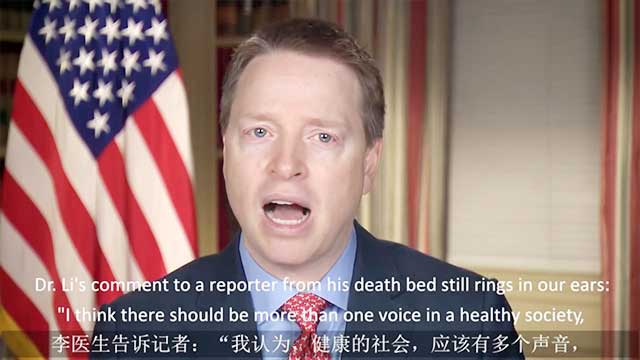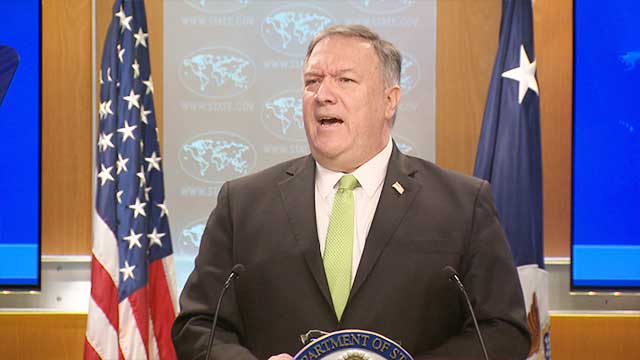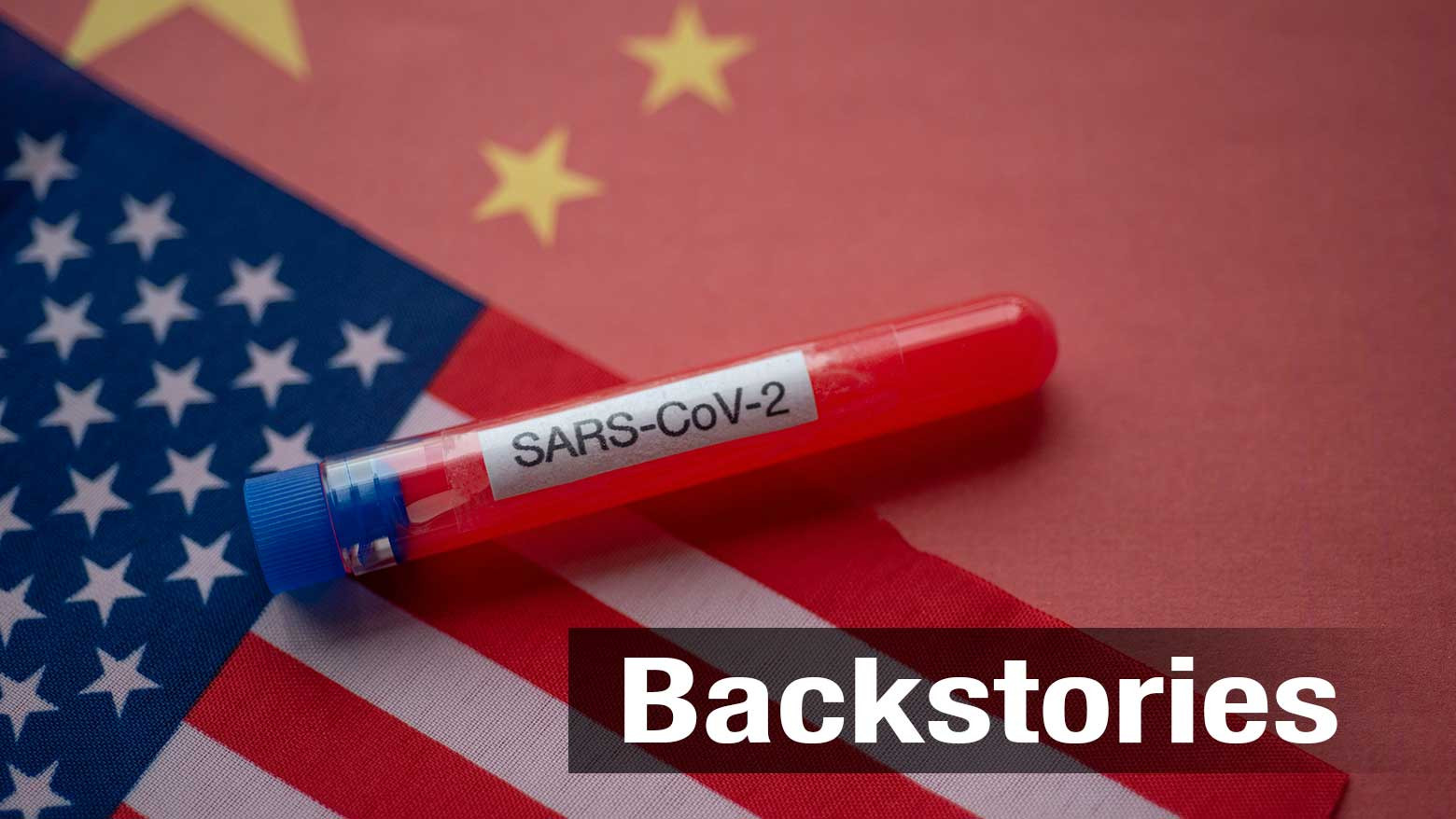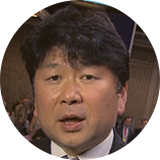On May 4, US Deputy National Security Advisor Matthew Pottinger gave a speech to mark the 101st anniversary of anti-imperialist student protests in Beijing. In remarks delivered in Mandarin, Pottinger seemed to be encouraging the Chinese public to channel the energy of the May Fourth Movement and pursue change in the form of "Democratic populism."
"Will the movement's democratic aspirations remain unfulfilled for another century? Will its core ideas be deleted or distorted through official censorship and disinformation? The world will wait for the Chinese people—the people—to furnish the answers."

In the speech, Pottinger said the May Fourth spirit was embodied by Dr. Li Wenliang, the Wuhan doctor who raised concerns about the coronavirus and was censured by the government. Li later died after contracting the virus.
In recent weeks, the Trump administration has become preoccupied by Beijing's claims that its one-party system has helped it successfully contain the coronavirus. Experts say Pottinger's speech is part of an effort to oppose this narrative.
In April, Secretary of State Mike Pompeo conducted a media blitz of more than 90 interviews with foreign and domestic media outlets in which he blamed the spread of the coronavirus on the Chinese Communist Party.
"We saw what they did to the journalists that they kicked out, American journalists they kicked out…. We've seen this kind of behavior, this kind of activity."
"They've done what authoritarian regimes do, and that's not only caused loss of life so far, but it continues to be a danger and a threat to the American people."

Some say this outward hostility has stoked racial animosity toward Chinese Americans.
"The timing is bad because we've seen with COVID-19 an increase in anti-Asian American sentiment, including hate crimes," says Christine Chen, Executive Director of APIAVote, an Asian American civic organization. "When they're [the Trump administration] putting these types of [anti-Beijing] ads out, people don't really differentiate between the Chinese government and their actions and Chinese Americans."
Nonetheless, the White House seems committed to its approach. Last month, it released a report titled "Strategic Approach to the People's Republic of China", detailing ways in which the US China policy of previous decades had failed and how the Trump administration would shift to a "competitive strategy, guided by a return to principled realism."
China, for its part, is responding by strengthening relations with traditional US antagonists Russia and Iran. It is also using the pandemic to raise its international profile, sending medical supplies and aid to European countries. The policy has been dubbed "face mask diplomacy" and is believed to be part of a larger effort to drive a wedge between the US and its allies.
Within the US government, there is recognition that the current state of relations with China has started to resemble a previous era of geopolitical tension.
"The coronavirus has made it worse, and the situation will continue for as long as China refuses to change its stance," said the former Trump official. "But a Cold War is still much better than an actual hot war."

